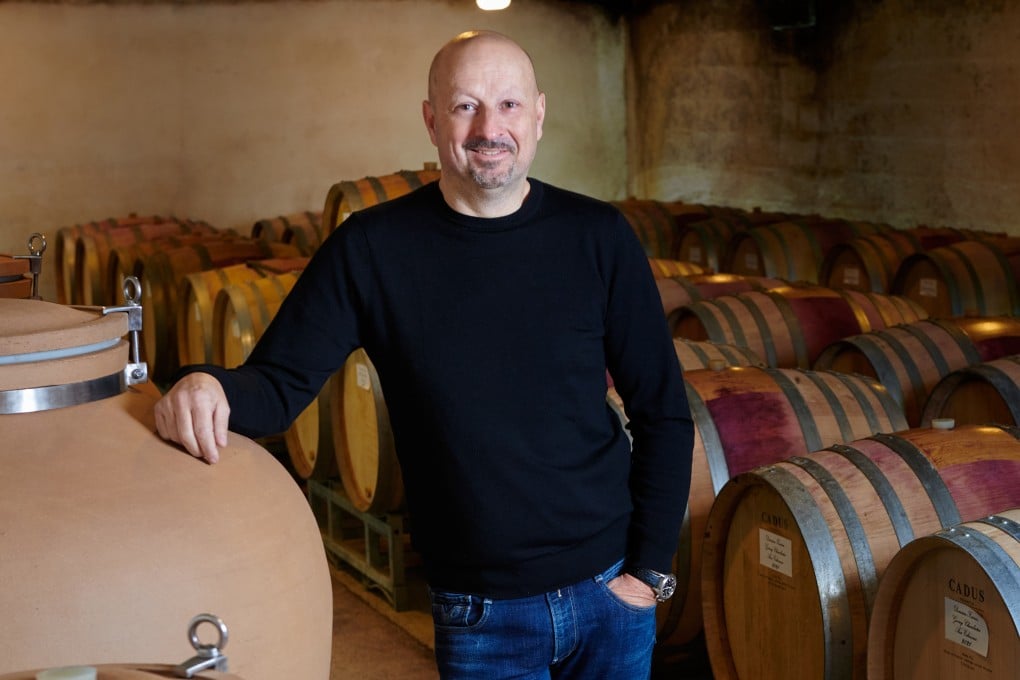Blockchain with your burgundy: how NFTs are being minted by wine and spirits producers and auction houses to cut out counterfeits and draw young consumers
- Wine and spirits producers and middlemen have begun exploring use of the blockchain to assure their customers of the provenance of premium wines and spirits
- NFTs make it easier to trade wines and spirits, and allow their issuers to offer bonuses to customers. Yet uptake has been slow and they have their doubters

In the months that Jean-Marie Fourrier – fourth-generation president of Domaine Fourrier in Gevrey Chambertin, Burgundy, France – couldn’t meet his international distributors because of pandemic-induced travel bans, the uncertainty of what was to come loomed over him.
His solution: non-fungible tokens (NFTs).
Though admitting that he doesn’t fully grasp Web3 technology, Fourrier became one of the first wine producers to sell on Crurated, an online auction house founded in 2021 that lets end-consumers bid on collections, single lots and barrels of wine from producers such as Domaine Arnoux-Lachaux – which saw a price increase of 487 per cent last year – and the likes of Romanée-Saint-Vivant Grand Cru, which wine critic Robert Parker has awarded 99 points.
NFTs can be a bit like a classic car with a book of history. [They will] make the bottle more valuable than the one without traceability
After the auction, the lots remain in Crurated’s warehouse until buyers request them shipped, to save on import tax, lower the risk of damage during delivery and to stop undrunk bottles piling up at home: this means that while the NFT is traded internationally, the physical bottle doesn’t move.
In 2021, the wine industry hopped onto the blockchain train by applying the technology’s perks of provenance, data tracking and asset digitisation to age-old headaches such as warehouse management, quality control, logistics, counterfeits and lack of brand-to-consumer communication.
